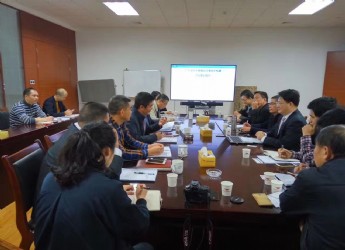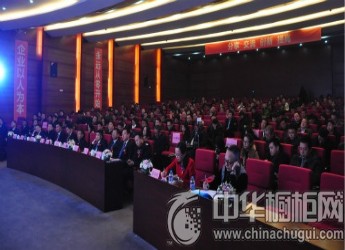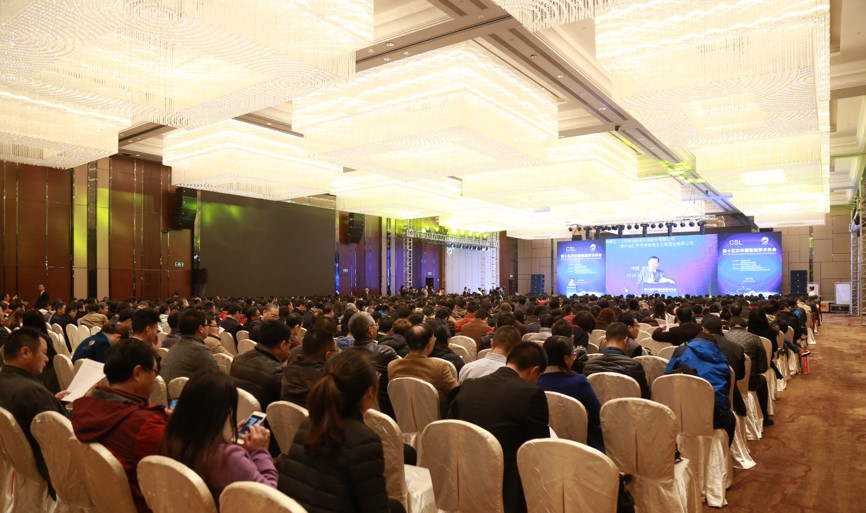��ǰ��ŷ��ίԱ�ᣨEuropean Commission��������Կ羳������Ʒó��VAT��value-added sales taxָ��ֵ˰���淶�����·�����
ŷ��ίԱ�᷽���ʾ������Ϊ�˸���ŷ���ڲ���Ե����������VAT��Ч�ʺͻ����������������ĸ���ʩ��
��һ�������µ�����ʵ�サ�ͷ�����VAT�����¹档
�ڹ�ȥ���羳����������ֱ���ŷ���ڲ�ͬĿ���г�������VAT˰����VAT���ɷ�ʽ�����̼���ÿ������ÿ�껨�Ѵ��8000ŷ����˰�ɱ�������ŷ��ίԱ������Ҫ�Ѹ�VAT���ɷ�ʽ���羳���ҽ�������ͳһ��ŷ�˽���VAT˰��Ŀǰ������˰ϵͳ�Ѿ��������ֻ�Ӧ���Ͽ羳�����ף�����2015��ɹ���ȡ30��ŷ�Ŀ羳���Ϸ���VAT��
�ڶ�����С�̻��ʹ�ҵ��ҵVAT���ɹ���
ŷ�˽���������ó�����綨С����ҵ�Լ���С��ҵ���Լ���VAT�������̣�1.����ÿ�����1000ŷ�羳ó����̼ң������ֱ�����Լ������걨����VAT���÷������ݼ�ŷ���ڳ���97%��43���С�Ϳ羳ó���̻���2.�����羳ó�����10��ŷ����С����ҵ����VAT���ɷ�ʽҲ����Ϊ��������Ŀ���û�Ⱥ�������е������ɡ�
��������VAT���ɹ������罫��2018��ǰ�����Ϸ���������ʵ���Լ���2021��ǰ��������Ʒ��������ʵ�֡�
�������´�ʩ����羳ó��VATթƭ��Ϊ��
�ڹ�ȥ��ŷ����Ŀ羳������������ŷ���ڲ�Ʒ��ֻҪ��ֵ����22ŷԪ���������VAT˰��ù�����һЩ�羳��������ͱ���Ʒ�ļ�ֵ���������ֵ˰������ÿ���д��1.5�ڸ�����ŷ���ڵİ���������˰�ġ���ˣ�ŷ�˽�ȡ��22ŷ�羳ó����˰���������VATթƭ��
���ģ���������鼮��Ʒ���ȡͳһVAT��˰����
Ŀǰ���������ͨ�鼮�Ŀ羳����VAT��˰�����Dz�һ���ġ�������ͨ�鼮�Ŀ羳���ף�ŷ�˻���轵˰������˰����������ȴ����������˰��δ����һ��ŷ�˹��Ҿ�ͬ���·��������齫����ͨ�鼮��ȡ��ͬ�Ŀ羳ó��˰����
���˽⣬ŷ����ֵ˰��EU VAT���ǶԸ�������Ʒ�ͷ���ļ�ֵ��˰��һ������˰����������ŷ���ġ�����ʹ�û����ѵ���Ʒ����Ϳ羳ó���ԣ�����ŷ���̼���˵�����ڲ���Ҫ��ȡ�������ڵ�ŷ��������Ҫ���ա�
��ŷ��ίԱ����Կ羳VAT�·����������������Ĵ��ʩ��ϸ��
New VAT rules for sales of goods and services online:Currently,online traders have to register for VAT in all the Member States to which they sell goods.Often cited as one of the biggest barriers to cross-border e-commerce,these VAT obligations cost businesses around�8,000 for every EU country into which they sell.We are now proposing that businesses make one simple quarterly return for the VAT due across the whole of the EU,using the online VAT One Stop Shop.This system already exists for sales of e?services such as mobile phone apps,and has been proven successful with more than�3 billion in VAT being collected through the system in 2015.Administrative burdens for companies will be reduced by a staggering 95%,giving an overall saving to EU business of�2.3 billion and increasing VAT revenues for Member States by�7 billion.
Simplifying VAT rules for micro-businesses and startups:A new yearly threshold of�10,000 in online sales will be introduced under which businesses selling cross-border can continue to apply the VAT rules they are used to in their home country.This will make complying with VAT rules easier for 430,000 companies across the EU,representing 97%of all micro-business trading cross?border.A second new yearly threshold of�100,000 will make life easier for SMEs when it comes to VAT,with simplified rules for identifying where their customers are based.The thresholds could be applied as early as 2018 on e?services,and by 2021 for online goods.Other simplifications would allow the smallest businesses to benefit from the same familiar VAT rules of their home country,such as invoicing requirements and record keeping.The first point of contact will always be with the tax administration where the business is located and businesses will no longer be audited by each Member State where they have sales.
Action against VAT fraud from outside the EU:Small consignments imported into the EU that are worth less than�22 are currently exempt from VAT.With around 150 million parcels imported free of VAT into the EU each year,this system is open to massive fraud and abuse,creating major distortions against EU business.Firstly,EU businesses are put at a clear disadvantage since unlike their non-EU competitors,they are liable to apply VAT from the first eurocent sold.Secondly,imported high-value goods such as smartphones and tablets are consistently undervalued or wrongly described in the importation paperwork in order to benefit from this VAT exemption.The Commission has therefore decided to remove this exemption.
����Դ���й��̱���
Equal rules for taxing e-books,e-newspapers and their printed equivalents:Current rules allow Member States to tax printed publications such as books and newspapers at reduced rates or,in some cases,super-reduced or zero rates.The same rules exclude e-publications,meaning that these products must be taxed at the standard rate.Once agreed by all Member States,the new set-up will allow�Cbut not oblige�CMember States to align the rates on e-publications to those on printed publications.
- ���ı�ǩ��
| |
|
| �������� ����ӡ�� ���ղ��� ���ر��� | |
 |
- �������
- ����
- ŷ�˹���4��VAT�´�ʩ���羳��˰��ȷ��ȡ�� [2016-12-7 11:44:27]
- ��������ʮ����滮���� �ƽ��羳���̷�չ [2016-12-7 10:28:12]
- �����Ѳ��̰� ��������ɫ��ͨ��̬��ϵ [2016-12-6 16:36:10]
- �������ݰ��Ա���������Ϊ���������� [2016-12-5 8:42:25]
- ũҵ��ӡ����ȫ��ũ��Ʒ�ӹ�ҵ��ũ��һ���� [2016-12-2 14:53:08]
- �㶫ʡӡ��ս���ж��ƻ� ����ҵ������֧�� [2016-12-2 14:44:16]
- ͼƬ��Ѷ
- ����
|
|
|















